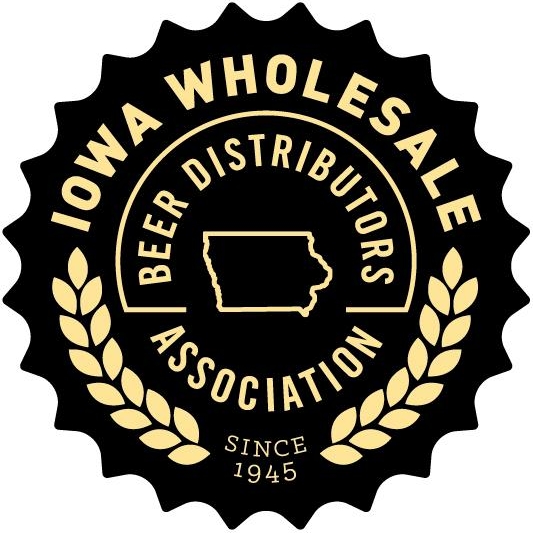“It is the intent of the general assembly that the three-tiered system of regulating the alcohol beverage industry is critical to maintaining a fair and competitive marketplace.”
At its best, people use beer, wine and spirits to enhance cultural experiences, to celebrate and to bring friends and strangers together. Many of the world’s advances in culture, language, arts and religion have a deep connection to alcohol. But at its worst, alcohol and its industry have potential to deeply harm people and communities.
It’s abundantly clear that alcohol is distinct from other consumer goods. In the United States, it’s the only product addressed by the Constitution - first prohibiting manufacture, sale, importation or transportation of alcohol with adoption of the 18th Amendment in 1919 and later repealing the prohibition of alcohol with passage of the 21st Amendment in 1933.
Iowa Beer distributors believe a return to the unregulated tied-house system in place before prohibition would greatly damage the progress Iowa has made in combating counterfeit alcohol, problem drinking, anti-competitive industry practices and other societal ills associated with excessive alcohol marketing and consumption.
Like the general public, Iowa beer distributors support reasonable restraints on the alcoholic beverage industry that promote fairness, competition. Most importantly, beer distributors support Iowa’s stated public policy related to alcoholic beverages: “for protection of the welfare, health, peace, morals and safety of the people of Iowa” (Iowa Code §123.1).
Tied House Protections
Iowa’s tied house protections are designed to prevent the biggest threats the alcohol industry has historically posed to the public interest throughout American history: vertical integration, corruption, monopolization and excess consumption.
Container Deposit Law
Iowa’s Beverage Container Deposit Law was adopted in 1979 and is working as the environmental tool it was designed to be – cleaning up roadside litter and driving recycling efforts. The Law provides an efficient and cost effective system that has worked in Iowa because it is simple and focused on that goal.
Excise Taxes
Beer distributors carry a heavier tax burden than Iowa industry in general. Distributors pay $5.89 a barrel in state excise taxes. Iowa’s excise tax burden is significantly higher than the tax in all but two neighboring states.




